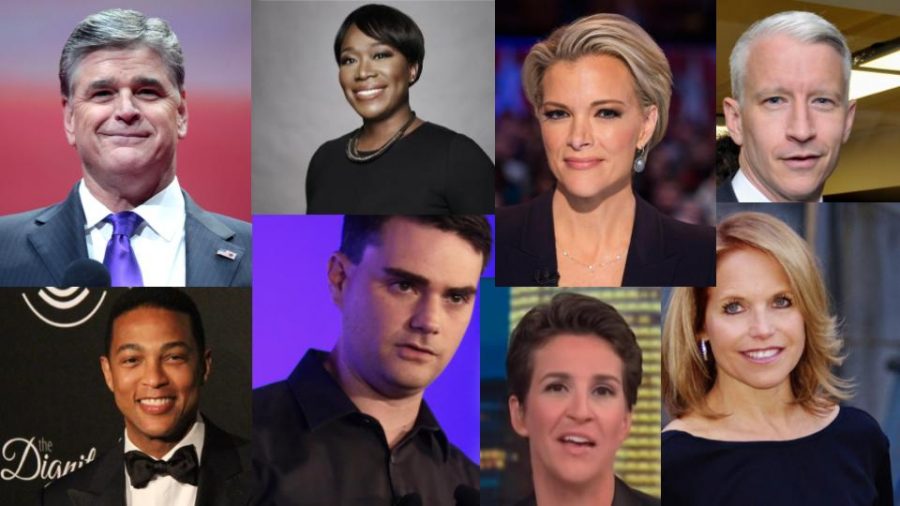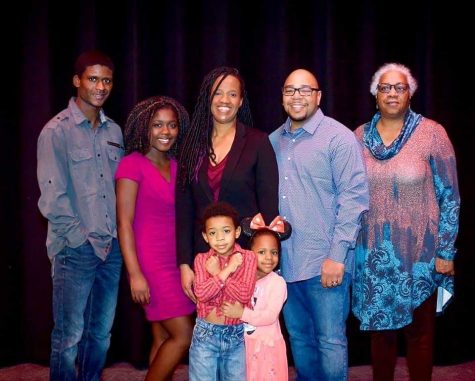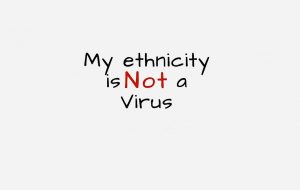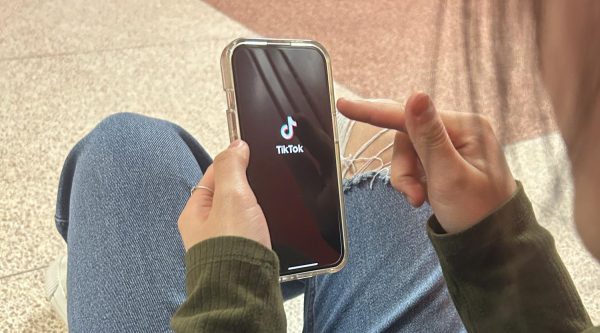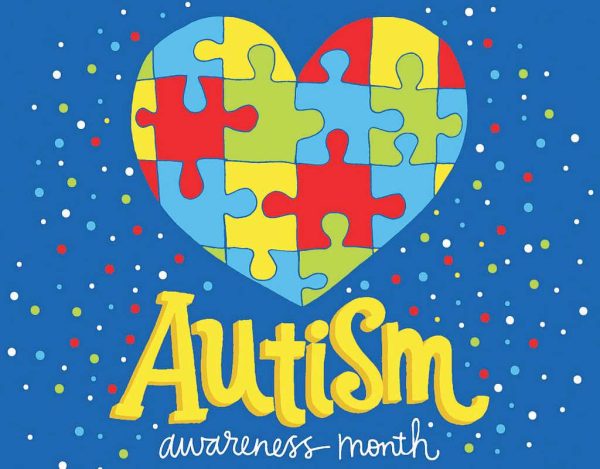The importance of media accountability
May 11, 2020
A Native American veteran facing off with a group of high school kids, some in MAGA hats. A thirty-second viral social media clip. A video that everyone could see to interpret for themselves. Needless to say, the media firestorm generated from the incident was surreal.
Nathan Phillips, the Native American man seen facing off with the Covington Catholic kids, was interviewed immediately after the incident by many media outlets. He had been at the 2019 Indigenous People’s March, which had occurred at the same time as the 2019 March for Life, which was the event that the Covington Catholic kids attended. Phillips claimed during an interview with Savannah Guthrie of the Today Show that the students had been chanting “build that wall, build that wall,” and that he was “trying to walk away,” but “was blocked.”
The kids weren’t acting racist towards anyone. They had come to the March for Life all the way from Kentucky and were just about to leave.
“To be honest, I was startled and confused as to why [Phillips] had approached me,” Nick Sandmann (who bore the brunt of the media scrutiny) said in a statement. “I was worried that the situation was getting out of control. I believed that by remaining motionless and calm, I was helping to diffuse the situation. I said a silent prayer that the situation would not get out of hand.”
Many in the mainstream media didn’t retract until about a week later. Some people in the media tried to justify their initial takes by maintaining that the kids shouldn’t have been there and doubled down. Unfortunately, this is only one example out of many of the media seeking to push a preconceived narrative about people that they disagreed with.
The media on both sides has a significant amount of bias. In the era of the Internet, people only look at sources that reinforce their perspective, often not hearing the other side and as a result society has become more polarized. It’s important to hold the media to a standard of honesty and decency, whether it be media on the left, right, or center. Unfortunately, the media has had a lot of trouble recently with telling the truth and failing us.
The media is also filled with hacks on both sides who often flip-flop based on who’s in power. For example, when Barack Obama said that he would be willing to meet with the North Korean dictator, Sean Hannity of Fox News said that it was a “disturbing [display] of Obama’s lack of foreign policy expertise.” But after Trump met with Kim Jong Un in 2018, Hannity praised the move as “A huge foreign policy win for President Trump.” This shows Hannity’s complete hypocrisy when it comes to the way he talks about politicians who he likes and politicians who he doesn’t like.
Another example of a hypocrite in the media is Don Lemon of CNN. When Trump’s campaign posted a meme to it’s Twitter photoshopping Trump over Thanos and snapping away several prominent Democrats, Lemon reacted on his segment by saying “This is literally crazy. Are you people insane? Go ahead, troll the Democrats on Twitter. Do this stupid, silly you-know what. Play this stupid, juvenile meme game.”
But just a month later, guests on a CNN panel with Lemon anchoring made jokes at the expense of Trump and his supporters insinuating that Trump supporters were dumb, uneducated lemmings. Lemon responded by laughing at the “juvenile” jokes. That is ultimate hypocrisy.
When the media is held to account to be honest and trustworthy, they will be less likely to put false information out in the general public so as not to lose credibility. They will be forced to be more accurate. People need to call out the media when they are dishonest.
It is important to check out multiple sources when it comes to covering events, because if someone only checks out one source then they might have the wrong information. It is important to hear multiple perspectives on an issue so as not to get in an ideological bubble and be one-sided.



